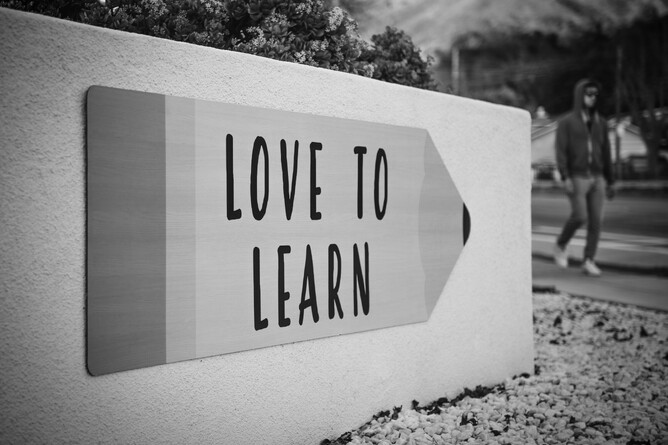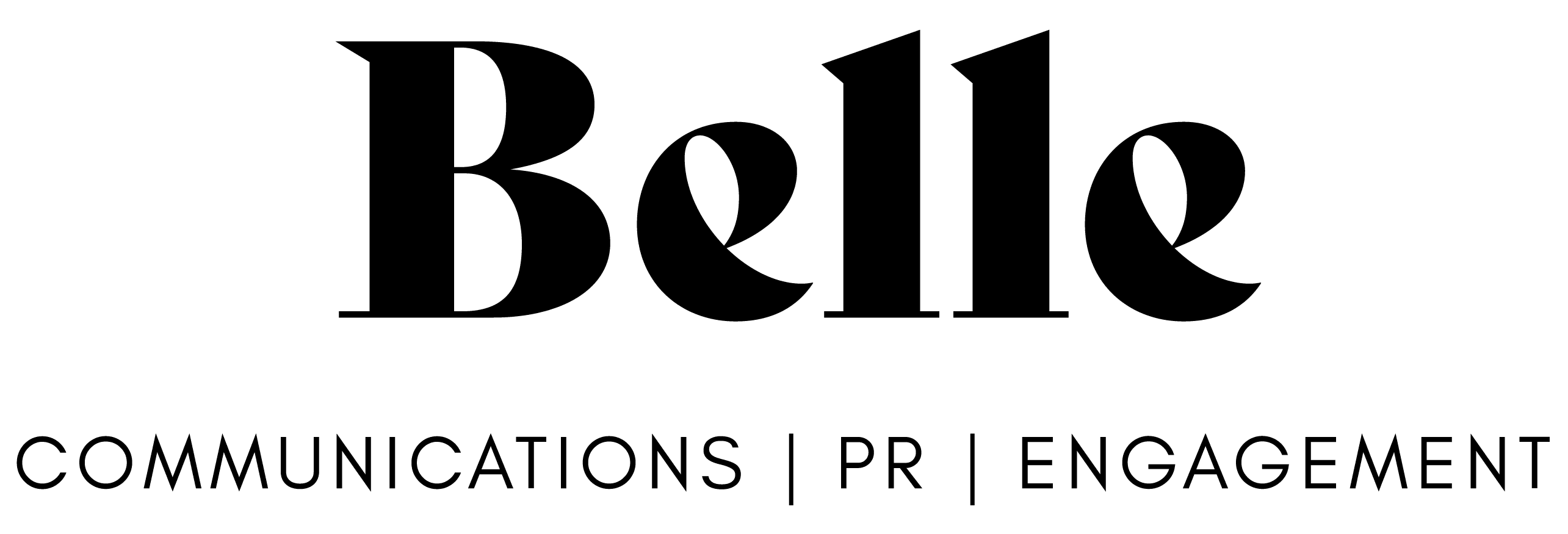How did you get into communications career?
I’ve recently had a few people ask me about my career pathway and how I got into communications.
In truth, I never thought I’d end up where I am today. So, I thought some of you navigating your way through a communications career might value hearing about my journey.
How it started
I actually failed Bursary English in 1999 and had to enrol in a Bachelor of Arts at Waikato University because I couldn’t get automatic admission into a Bachelor of Communication Studies.
In my first year of uni, I failed a test in… wait for it… professional communication! People usually laugh when I tell them that. I was mortified at the time, but I took it on the chin and ended up completing an honours degree in media studies (first class).
Nabbing my first post-uni job
Getting my first graduate role was tough! It took about six months to get a permanent job at a recruitment agency, helping out with general admin, reception and candidate screening. Within four months I was made redundant and was back on the job hunt. I eventually landed a job at Waikato University as a student adviser, and a couple years later was seconded into a marketing vacancy.
Then I accepted a role in a primary health organisation as a communications coordinator. It was a newly established role and they hadn’t previously had a designated comms function (quite common 10-15 years ago). Anyone who has worked as an independent, in-house comms advisor will tell you it’s tough not having a likeminded team member who has your back.
Mentoring
The primary health organisation was amazing because they provided me with a mentor. She was an ex-journalist and couldn’t have been a better match for me at that time. I was an inexperienced writer, hadn’t worked much with media, and I wasn’t very creative or strategic. She taught me about tone, audiences, and how to pitch messages through different channels. Thank you, Elsbeth! You were a kind and caring soul and you’ll never know how much you helped me.
Perception, projects, crises and strategy
The next three years were intense and were all about professional development and learning opportunities. I completed a diploma in strategic leadership, I continued to work on content development, I embraced opportunities to work on different projects, I learned how to lead staff, and I helped to manage a few crises. I was a sponge. I soaked up opportunities. I eventually left, but by that time I was respected and trusted in that organisation as a senior communications advisor.
Next stop, PR agency
I believe the best experience you can gain in communications and public relations is through consulting. Here are a few reasons why:
- You develop account management experience – juggling multiple challenging demands all at once
- You’re pushed to work hard and deliver
- You work alongside some of the best comms professionals in the biz that you can learn from and bounce ideas off
- It’s a creative space
- You get to work across different industries and sectors
- You learn to work at speed to manage priorities
- You are exposed to the full PR body of knowledge
- It’s fun!
But again, your mentor makes all the difference, and I’m so grateful to have worked with the amazing and talented Heather at HMC. Thank you, Heather.
Wrapping it up
My career has not been straightforward, but I’m incredibly grateful for taking on the roles that I did, and for the support and mentoring I have received.
As you navigate your way through a career in comms, keep these things in mind:
- Nail the balance between content creation and strategy development. A great comms person can offer both. Despite popular (misguided) opinion, public relations not merely story telling!
- Tap someone on the shoulder to be your mentor. Think about which areas you need to work on, then seek guidance from a senior comms person who can offer constructive feedback and support your development in those specific areas.
- Get experience in-house and in an agency. Both situations offer an incredible learning experience, but the exposure to different industries and sectors when you work in an agency is amazing if you’re wanting to grow.
- Commit to ongoing professional development.Join PRINZ, put together a CPD plan, network, and don’t be afraid to jump on some new and more challenging projects.
- Be prepared to fail. Learn from failure and move on. Sometimes things don’t go to plan, but how you learn from the situation makes all the difference.
I hope you find this helpful. I am always happy to talk through your situation and offer some advice on some options if you’re considering your future pathway in communications. Just drop me a line using the contact form.



